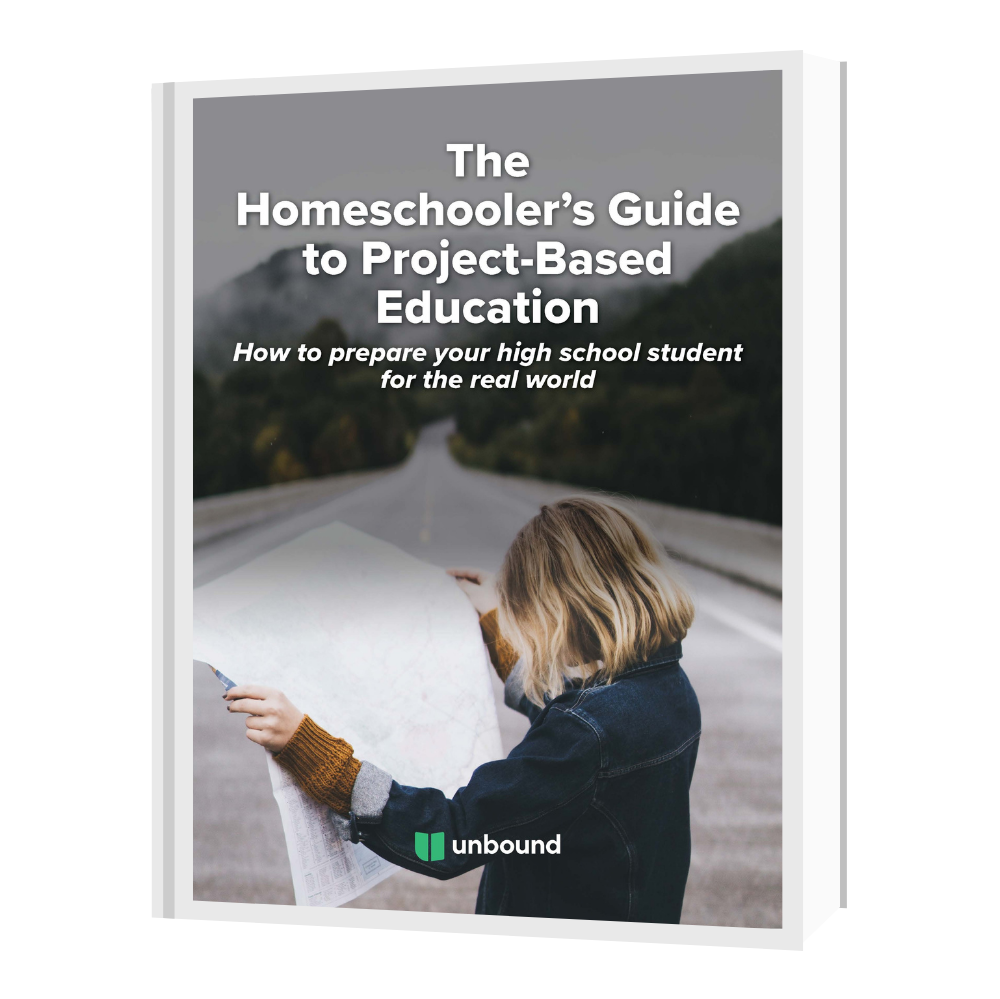Do Unbound Students Have to Sign a Statement of Faith?


Does Unbound require students in our programs or courses to sign or affirm a statement of faith?
We’ve received this question from prospective students and parents and wanted to provide a comprehensive answer.
The short answer is “no”. We don’t require students to sign or affirm a statement of faith. Below is our reasoning.
Unbound is a Christian Company
First, we should be clear that Unbound is a Christian company. For further clarification on what that exactly means, consult our Mission & Values statement.
Our number one priority is to build God’s kingdom. So we’re not shy at all about our Christian foundation as a company. Of course, a Christian company is going to operate Christian programs and courses. Our offerings and products are influenced heavily by our Christian principles and are built solidly on a Christian worldview.
Broad Benefits
With that said, Unbound is about the business of building God’s kingdom by developing young people and equipping them with professional and relational success for their future careers, families, and communities.
The future of education in your inbox.
Get productivity tips, commentary, and Unbound updates sent to you!
Much of this can be done outside of precise “theological” training. We believe that the principles we teach can benefit anyone from presbyterians to pentecostals. Furthermore, we know that what Unbound offers is a benefit to young people, even those who don’t share our Christian worldview at all.
We know this from experience: our community has welcomed and been enhanced by young adults from non-Christian backgrounds including agnosticism, atheism, and orthodox Judaism. Students from these backgrounds have been few in number but have nonetheless been embraced by Unbound and have made their own important contributions to our community.
Among the principles that we teach is a “questions-based paradigm”. This is not to say that as Christians we encourage our students to glean from other faiths in the same way they would from Scripture, which we affirm as the authority for our lives. But we encourage our students to build relationships with others who do not share the same conclusions about ultimate reality. This is not to say that they can’t firmly believe that their convictions about ultimate reality are true. In fact, we encourage and urge such conviction. But connecting with others should start with a question. Too often, when it comes to religious convictions, connecting with others ends before it begins when we compare answers and find them at odds.
An Organically Diverse Community
Many colleges and universities try to manufacture superficial “diversity” among their student body, relying on external characteristics and appearances.
Unbound proudly features an organically diverse community that is bound together by some key common principles (a Christian worldview being a largely-held one, for example) while maintaining respectful diversity of thought.
Our students are the type of people who can build friendships in spite of differences of opinion in theology, politics, and the like. In fact, our students are supremely welcoming while simultaneously being the type of people who want to dig deeper and discuss important topics where disagreements may be common.
Unbound is a community but it is not the Church. As such, there is no governing statement of faith that students are required to affirm. At the same time, Unbound is a community that is facilitated by Christian staff of an explicitly Christian company. Therefore, we do require students to acknowledge and respect this reality.
Unbound is a Christian company. Our students don’t need to be Christian or to affirm a specific statement of faith. However, they can’t act shocked when they enter our courses and programs and find Christian principles throughout. They must acknowledge that they are entering a community that is built around a Christian worldview that respects diversity of thought.


Jace Bower is a Copywriter for Unbound. An Unbound alumnus, he has experienced firsthand the powerful advantages of doing college differently and participating in an intentional community. Jace graduated with his bachelor’s degree in History in 2016 and has worked in restaurant management and marketing since then. He also served on the Unbound Student Cabinet in 2019.
The author of two books and a semi-regular blogger, Jace can often be found doing something with words. When he’s not, chances are he’s reading about theology, listening to music, or playing pool or tennis with his wife Shannon in their Virginia home.


